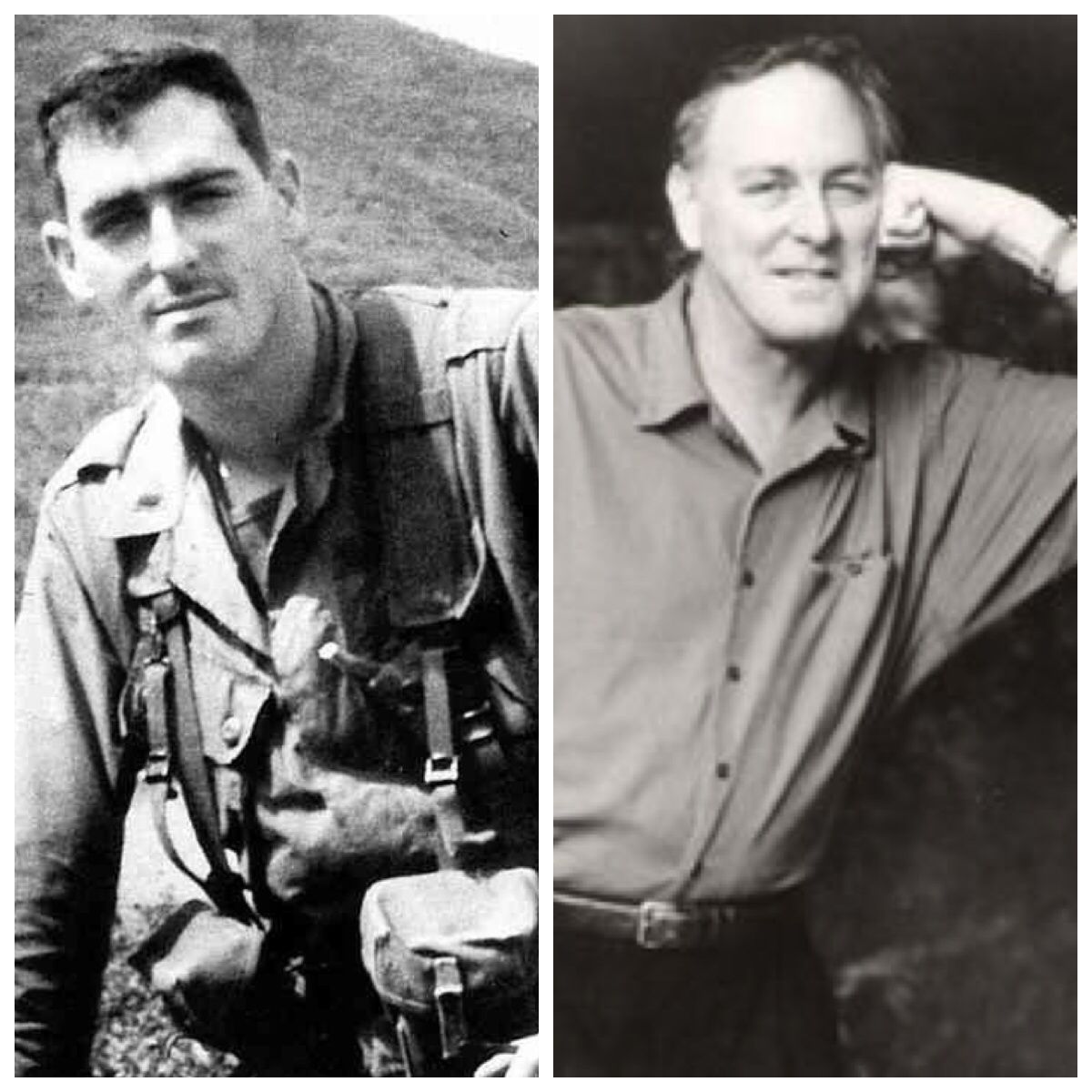Every ping-pong player in the last quarter century has been asked some version of the same question: "Are you, like, Forrest Gump?" The persistence and ubiquity of the line of inquiry speaks volumes about the power of media in modern culture. To the majority of casual or non-table tennis players, Tom Hank's iconic title character in the 1994 film "Forrest Gump" is the embodiment of table tennis. In perhaps the first and only example of an epigenetic epidemic, an entire generation has hard-wired a synaptic pathway between "ping-pong" and "Forrest Gump," such that the two stimuli are reciprocally referential. While the neurolinguistic mechanisms are inadequately understood, the effect is nonetheless abundantly clear: "ping-pong" and "Forrest Gump" have been rendered synonymous in popular culture. The mad scientist behind this massive mind meld was, like Forrest Gump, an Alabama boy. Born in 1947, Winston Groom also presaged his most famous character's path to the University of Alabama and Vietnam. Returning stateside after the war, Groom worked as a reporter before becoming a novelist. In 1986, he published his fourth book, "Forrest Gump," which sold a modest but respectable 30,000 copies. Up until this point, most people were free to make their own associations whenever the topic of table tennis arose. Then came 1994, the year that changed everything. Paramount Pictures adapted Groom's novel into a film of the same name, with "Back to the Future" auteur Robert Zemeckis at the helm. With Tom Hanks charming critics and masses of moviegoers alike, the film was a bigger smash than those he unleashed on the hapless CGI ping-pong balls in the film. Sales of the novel, "Forrest Gump," skyrocketed to 1.7 million. Groom's success was tempered, however, by falling victim to a shady practice known as "Hollywood accounting." His contract promised him 3% of the film's net profit, rather than the gross. After the film grossed $678 million on a $55 million budget, Groom appeared poised to earn close to $19 million. Paramount, however, cited an endless litany of expenses and claimed that they somehow lost money on the film, paying Groom 0% of the percentage owed. While this sort of chicanery could make anyone bitter, Groom simply carried on with his work. He loved history, as evidenced in Gump's numerous appearances at historically significant moments. Groom penned 14 nonfiction history books along with his eight novels. Winston Groom passed away yesterday in Alabama. We table tennis players are now and forever inextricably linked with his fictional creation, one which has done more to stimulate the collective imagination about the wonders of table tennis than perhaps anyone, ever. (Just remember to demand a percentage of the gross on your next Hollywood contract. Otherwise, like the proverbial box of chocolates: You never know what you're gonna net.)
More at KIRO 7 Seattle
